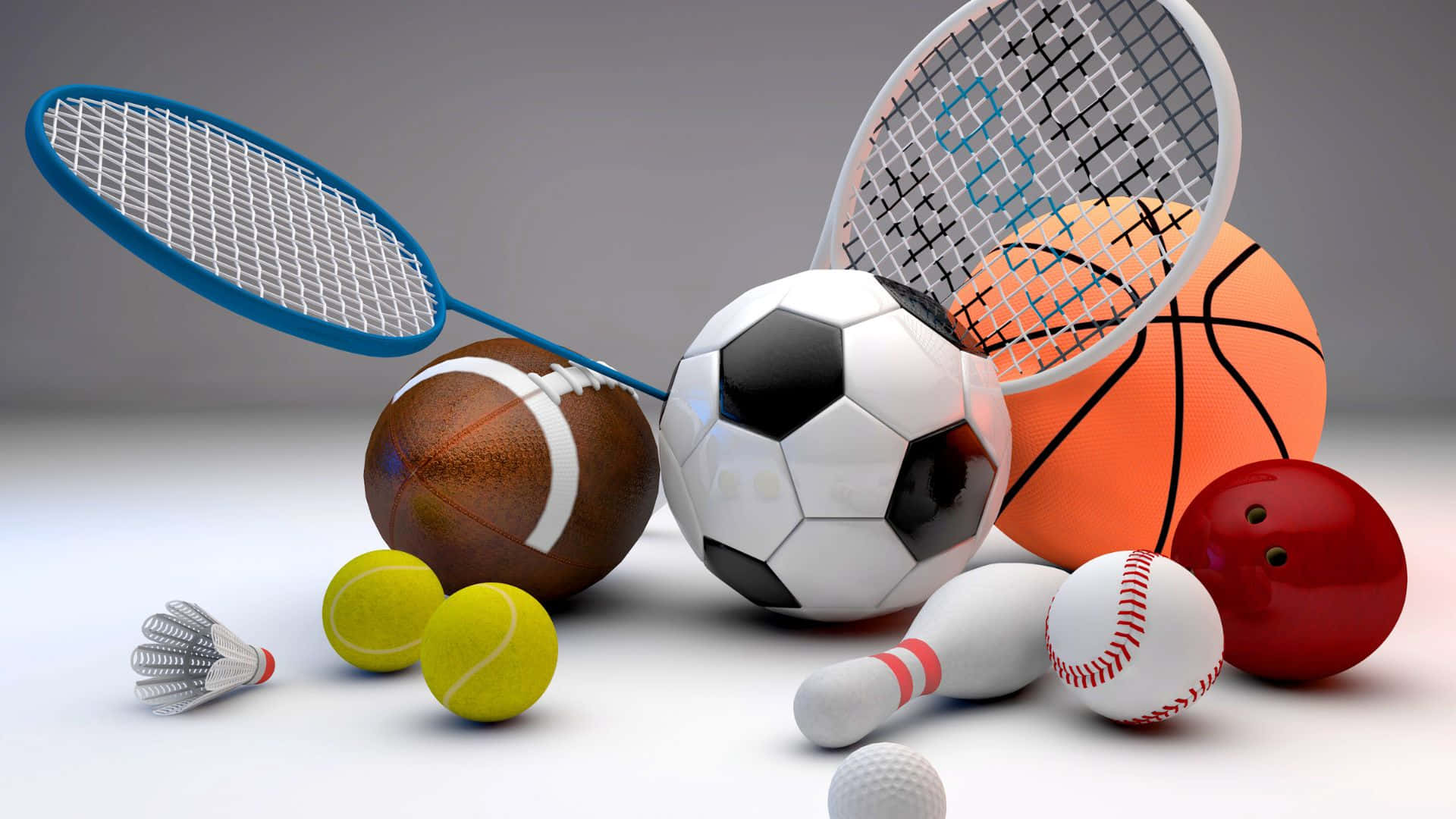Sports Psychology: Understanding the Role and Limitations of Athletic Mental Health Professionals
The role of sports psychologists in athletic performance
Sports psychology has emerged as a vital component in the world of athletics. As competitors seek every possible advantage, the mental aspect of performance has gain recognition equal to physical training. Sports psychologists work alongside coaches and trainers to help athletes reach their full potential by address the psychological factors that influence performance.
These specialized mental health professionals employ various techniques and approaches to support athletes at all levels of competition. Their work spans from help amateur participants enjoy their activities more full to assist elite competitors in manage the intense pressures of high stakes competition.
Key ways sports psychologists support athletes
Mental skills training
One of the primary functions of sports psychologists is provided mental skills training. Thisincludese teach athletes techniques for concentration, focus, and maintain composure under pressure. Through structured programs, athletes learn to direct their attention befittingly during competition and practice.
Visualization and imagery techniques form a significant part of this training. Athletes work with psychologists to create vivid mental rehearsals of successful performances, which research shows can improve actual physical execution. These mental rehearsals activate similar neural pathways as physical practice, enhance muscle memory and performance consistency.
Performance enhancement strategies
Sports psychologists develop customize performance enhancement strategies base on each athlete’s unique needs and challenges. These strategies might include pre performance routines that help athletes enter optimal psychological states before competition.
Goal setting is another crucial area where sports psychologists provide guidance. They help athletes establish realistic, measurable objectives and create roadmaps for achievement. Decent structure goals create motivation and provide clear direction for training efforts.
Additionally, sports psychologists teach arousal regulation techniques that help athletes find their ideal performance zone. Some athletes perform advantageously with heighten arousal levels, while others need calm strategies to perform optimally. Learn to self regulate these states give athletes greater control over their performance consistency.

Source: topshealthinfo.com
Stress and anxiety management
Competition course produce stress and anxiety, which can importantly impact performance. Sports psychologists equip athletes with effective cope mechanisms to manage these emotions constructively.
Techniques might include progressive muscle relaxation, control breathing exercises, and mindfulness practices. These approaches help athletes recognize anxiety symptoms other and implement strategies to maintain focus and composure.
For athletes face especially challenging competitive situations, sports psychologists may use systematic desensitization — gradually expose athletes to anxiety provoke scenarios in control settings until they develop greater comfort and confidence.
Injury recovery support
The psychological aspects of injury recovery are frequently overlooked but critically important. Sports psychologists help injure athletes cope with the emotional challenges of beinsidelinedne, include potential depression, identity issues, and fears about return to competition.
During rehabilitation, these professionals work alongside medical teams to maintain athlete motivation and adherence to treatment protocols. They help establish realistic recovery timelines and appropriate goals during each phase of healing.

Source: performanceperspectives.com.au
Possibly about significantly, sports psychologists address the common fear of re injury that many athletes experience when return to their sport. Through graduated exposure and confidence build exercises, they help athletes regain trust in their bodies and abilities.
Team cohesion building
In team sports, group dynamics importantly influence overall performance. Sports psychologists facilitate team building activities and communication exercises that strengthen relationships among teammates.
They help teams establish productive norms and values that support both individual development and collective success. When conflicts arise, sports psychologists may mediate discussions and teach conflict resolution skills that preserve team harmony.
Leadership development besides fall within this domain, as psychologists work with team captains and influential players to enhance their ability to motivate and guide teammates efficaciously.
Performance analysis and feedback
Sports psychologists frequently collaborate with coaches to provide constructive feedback to athletes. They help frame criticism in ways that motivate improvement kinda than damage confidence.
Through video analysis and observational techniques, these professionals identify psychological patterns that affect performance. They might notice hesitation before certain movements, signs of frustration after mistakes, or changes in body language under pressure.
This objective analysis help athletes recognize unconscious habits or think patterns that may be limited their performance, create opportunities for target improvement.
Life skills development
Athletic careers represent solely one aspect of an athlete’s life. Sports psychologists help competitors develop transferable skills that benefit them both in and outside their sport.
Time management, decision-making, and personal responsibility are common focus areas. These skills help athletes balance training demands with education, relationships, and other life commitments.
For younger athletes, this guidance provides a foundation for healthy development beyond sports. For professionals near retirement, these skills facilitate smoother transitions to post competitive careers.
What sports psychologists do not do
Prescribe medications
Unlike psychiatrists, sports psychologists can not prescribe medications. While they may recognize symptoms that might benefit from pharmacological intervention, they must refer athletes to physicians or psychiatrists for medication evaluation and management.
This limitation is important for athletes to understand, specially those deal with clinical issues like depression or anxiety disorders that might benefit from combined therapeutic and medical approaches.
Replace technical coaching
Sports psychologists complement but do not replace the technical instruction provide by sport specific coaches. They focus on the mental aspects of performance preferably than mechanical skills or tactical strategies.
While psychological factors surely influence technique execution, sports psychologists typically work alongside technical coaches kinda than attempt to modify physical skills direct.
Guarantee results
Despite their valuable contributions, sports psychologists can not guarantee specific performance outcomes. Athletic success depend on numerous variables beyond psychological factors, include physical conditioning, technical skill, competition level, and sometimes simple luck.
Ethical sports psychologists are careful to set realistic expectations about the benefits of their work. They emphasize process improvements sooner than promise specific achievements like championships or record break performances.
Force psychological interventions
Effective psychological support require voluntary participation and buy in from athletes. Sports psychologists can not and should not force unwilling athletes to engage in psychological interventions.
While coaches or teams might mandate meetings with sports psychologists, the actual therapeutic relationship depend on the athlete’s willingness to participate meaningfully. Without this voluntary engagement, psychological interventions are unlikely to produce significant benefits.
Provide physical training
Unless they hold additional qualifications as strength coaches or physical trainers, sports psychologists do not design or implement physical conditioning programs. Their expertise lie in mental preparation preferably than physical development.
This distinction is important for maintaining appropriate professional boundaries and ensure athletes receive qualified guidance in all aspects of their preparation.
The exception: direct athletic coaching
The one area that typically fall outside the scope of sports psychology practice is direct athletic coaching. Sports psychologists loosely do not provide technical instruction on sport specific skills or develop game strategies and tactics. This represents thewell-nighh significant exception to their differently comprehensive support of athletes.
While sports psychologists may observe practices and competitions to understand the psychological demands of the sport, they typically avoid step into coaching roles that require specialized knowledge of technique, rules, or tactical approaches specific to particular sports.
This boundary exists for several important reasons:
- Maintain role clarity within athletic support teams
- Respect the specialized expertise of sport specific coaches
- Preserve the unique therapeutic relationship between psychologist and athlete
- Avoid potential conflicts between psychological guidance and technical instruction
When sports psychologists blur this boundary by attempt to provide direct coaching, it can create confusion for athletes and tension within support staff. Athletes may receive contradictory technical advice or feel catch between different authority figures.
Additionally, most sports psychologists lack the depth of sport specific knowledge require for high level technical coaching. Their training focus on psychological principles preferably than the biomechanics, strategy, and tactical elements that sport coaches specialize in.
The collaborative approach to athletic development
The virtually effective athletic support systems feature clear role definitions and strong collaboration between different specialists. Sports psychologists work virtually efficaciously when they coordinate intimately with coaches, athletic trainers, nutritionists, and other support staff.
In these integrate approaches, each professional contributes their specific expertise while maintain appropriate boundaries. Sports psychologists focus on mental skills and psychologicalwell-beingg, while coaches handle technical development and competitive strategy.
This collaborative model provide athletes with comprehensive support that address all aspects of performance development. Regular communication between team members ensure consistent messaging and coordinate interventions that maximize athlete progress.
Find the right sports psychologist
Athletes seek psychological support should look for professionals with appropriate credentials and experience in their specific sport. Qualified sports psychologists typically hold advanced degrees in psychology or sport psychology and may have certifications from organizations like the association for applied sport psychology.
Beyond formal qualifications, the relationship between athlete and psychologist play a crucial role in effectiveness. Athletes should seek professionals they feel comfortable with and who demonstrate understanding of their sport’s unique demands.
Many sports psychologists offer initial consultations that allow athletes to assess this fit before commit to ongoing work. These preliminary meetings provide opportunities to discuss approaches, expectations, and potential outcomes.
Conclusion
Sports psychologists provide invaluable support to athletes through mental skills training, performance enhancement strategies, stress management techniques, injury recovery support, team cohesion building, performance analysis, and life skill development. Their work address the crucial psychological components that influence athletic success.
Yet, they do not typically engage in direct athletic coaching — the technical instruction and sport specific strategy development that remain the domain of specialized coaches. This boundary help maintain clear roles within athletic support systems and ensure athletes receive appropriate guidance from qualified professionals in each area of development.
By understand both the extensive contributions and appropriate limitations of sports psychology, athletes can make informed decisions about incorporate these services into their performance development plans. The virtually successful competitors typically leverage both excellent coaching and quality psychological support, recognize that peak performance require optimize both physical and mental aspects of athletic preparation.



